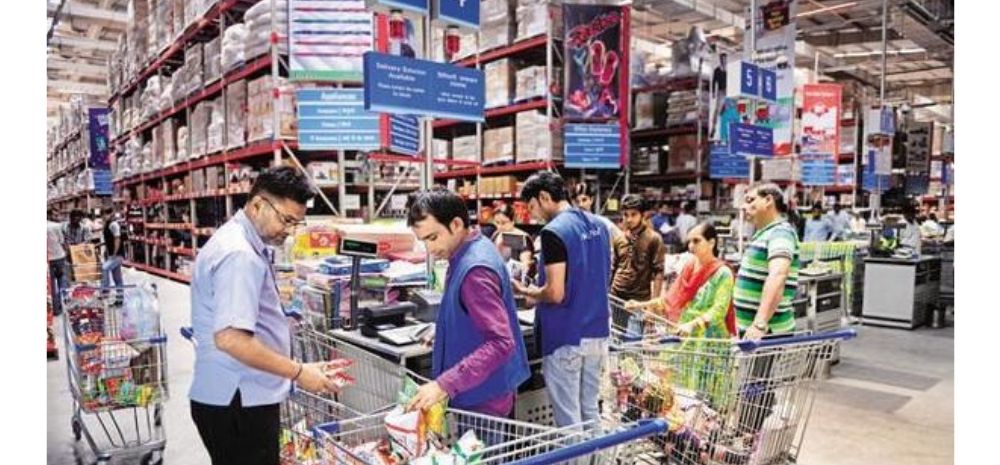A report by Teamlease Regtech says that there is a high chance of getting jailed if running a retail company in India.
This is because of the large number of compliance laws that have criminal clauses.

Percentage of compliance laws
The report looked into a retail chain with multiple retail establishments having operations across six cities and two states and a corporate office in a single state deals with 3,182 compliances in a year.
Among them, 1,192 (or 37%) compliances contain imprisonment clauses.
Approximately 43% of these clauses are contained in state laws while the rest are within Union laws. Labour laws account for as high as 54% of all the clauses.
Objective
The report says that these compliance laws have been put in place to protect customers.
But on the flip side they have also increased the regulatory complexity faced by employers.
Levels of compliance
Law-making authority across various levels of government has created three levels of compliance – union, state and municipal.
On average, a retail store faces a total of 490 compliances, of which 53% are at the union level, 44% are at the state level and the rest 3% are at the municipal level.
Punishing non-serious offences
The Teamlease Regtech report mentions a monograph titled ‘Jailed for Doing Business’, co-authored by Gautam Chikermane and Rishi Agrawal.
According to this a significant portion of compliance clauses criminalises procedural violations and technical lapses rather than serious offences involving willful harm.
It illustrates that in many cases, there is an equivalence between punishment for minor errors by entrepreneurs and for death due to negligence under the Indian Penal Code, 1860.
Policy recommendations
The report suggests a thorough re-imagination of employer compliance in India.
This is because today’s entrepreneurs cannot compete in the 19th and 20th-century regulatory environment.
The report recommends three points to consider when framing policy reforms for facilitating ease of doing business in the country — decriminalisation, rationalisation and digitisation.
National Retail Trade Policy
A National Retail Trade Policy is currently under development by the Department for Promotion of Industry and Internal Trade.
It has sought inputs from 16 departments and ministries since it will affect the overall development of the retail industry.
Furthermore, the department is also formulating a national e-Commerce policy to boost the online retail sector.
A cohesive retail policy must be built on the pillars of simplification, standardization, and digitalization in order to pave the way for growth and accelerate a short-term economic recovery.











